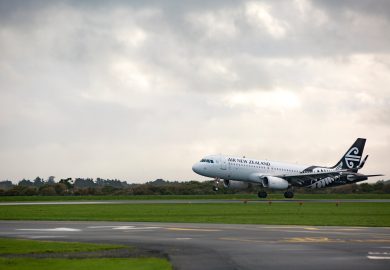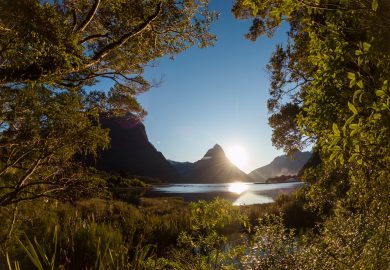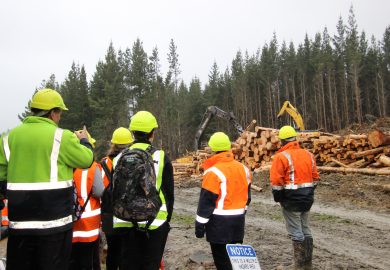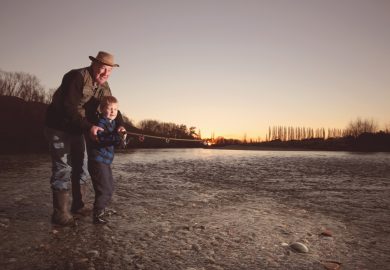Approach
In response to growing demand for good quality, and sustainable seafood, global aquaculture production is forecasted to increase to between 102-105 million tonnes by 2027. The national Aquaculture Strategy (MPI 2019) aims to build an aquaculture industry worth $3b annually by 2035. Open ocean salmon farming will play a major role in reaching this goal and Government and industry have identified Southland Murihiku coastline as a potential location for open ocean salmon farming. The region has optimal growing conditions, with good water quality, steady ocean currents, and low variance in temperature.
Beyond 2025 Southland will partner with the Murihiku Aquaculture Working Group who are leading the Aquaculture Just Transition workstream. Their area of focus is to identify what investment is needed to establish a sustainable open ocean aquaculture industry in Southland Murihiku and associated workforce requirements and training through the Aquaculture Workforce Development Pilot.
Key Outcomes
Building on the Southland Aquaculture Strategy from 2012, review and update the Strategy to cover the next 20 years by July 2023
Support the Southland Just Transition Aquaculture workstream and the Murihiku Aquaculture Group (includes Industry, business, Iwi, Crown) with their investigation into Open Ocean Aquaculture; Murihiku supply/value chains and required workforce and training.
Development of the on-land Ocean Beach Aquaculture Park – an Aquaculture Centre of Excellence and future Tourism & Hospitality Hub




